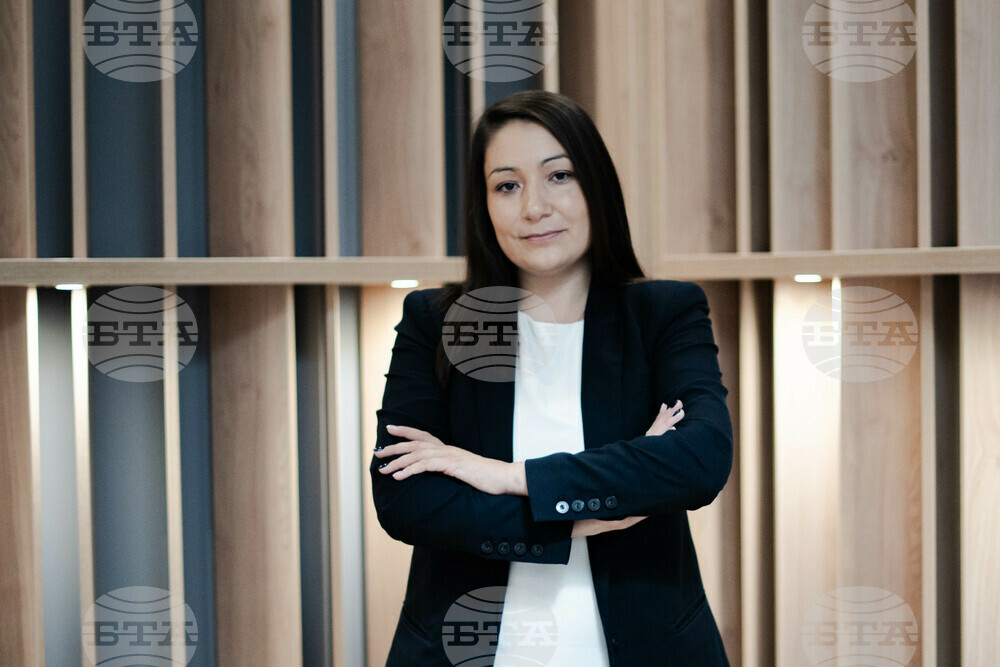site.btaOrganization Advocating Circular Production Collects 2,900 Tonnes of Textile Waste Annually


In recent years, the Bulgarian Circular Textile Association (BCTA) has put much effort into raising public awareness of the environmental footprint of the textile industry and the benefits of separate collection and re-use of textile waste, BCTA Executive Director Sirma Zheleva tells BTA in an interview.
/VE/
news.modal.header
news.modal.text